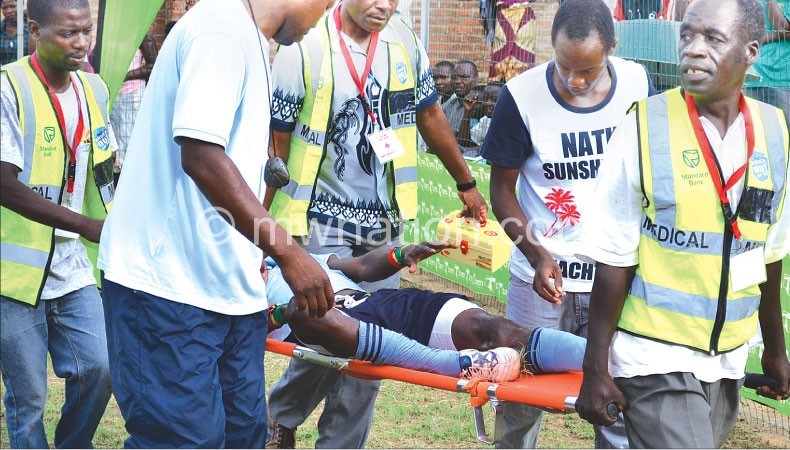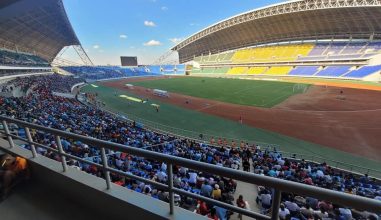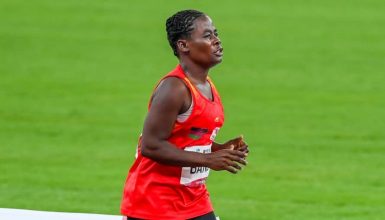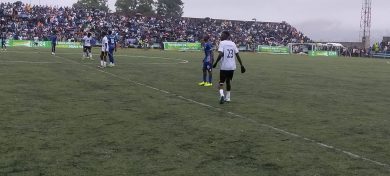Ignorance about insurance puts athletes at risk

Local athletes’ ignorance about insurance and medical cover has over the years denied them chance to get proper treatment or compensation after getting sick or injured on national duty, soccer analysts have said.
The analysts have said it is time athletes stopped being overexcited at national team call-ups and started asking authorities to assure them of their security in case they sustain serious injuries while serving the country.
As Flames are camping ahead of the May 2 friendly match against Tanzania, former national team coach Yasin Osman, who is also a Sports Council board member, said although government introduced insurance cover for athletes representing Malawi at international competitions, it is the responsibility of the associations and clubs to ensure that their athletes are insured.
“Before accepting a call-up or signing a club contract, athletes need to check with their team manager or the general secretary on whether they are insured to avoid being abandoned at a later stage. They need to even see documents authenticating the same,” Osman advised.
General Alliance Insurance Limited business development manager Tom M’mangeni concurred with Osman that athletes should first ensure that their lives and career are protected by insurance cover before engaging themselves in any activities at club or national level.
“Athletes have a right to ask for this necessity before signing any contract because it is their lives and careers that are at risk. They do not need to get carried away with the fame that comes with playing in the national team,” said M’mangeni.
He also advised athletes to buy own accident policies apart from the cover provided by Sports Council.
Osman and M’mangeni were reacting to Nation on Sunday investigation into why Flames stars struggle to get compensation after being injured when council claims to have insurance cover for them.
Former Flames vice-captain Elvis Kafoteka recently took the Football Association of Malawi (FAM) to court after a three-year struggle to get compensated for the injury he sustained during the Cecafa Tournament in Tanzania in December 2010.
The 35-year-old suffered an open fracture on his arm in the fourth minute when Malawi played against Cote d’Ivoire, but up to now, the retired defender’s plea for reparation is yet to be honoured.
Former international winger Maxwell Chirwa, who is currently in the US for studies, went through a similar experience for over five years until council decided to give him something, which he rejected for being meagre.
The ex-Mighty Wanderers and Blantyre United midfielder, Chirwa, broke his leg during the Malawi Independence Day Celebrations match against Botswana at Kamuzu Stadium in 2003.
However, on-and-off Flames striker Esau Kanyenda proved lucky in 2011 when council settled his hospital bills soon after he was injured during the African Cup of Nations qualifier against Tunisia at Kamuzu Stadium.
According to Kafoteka, it is this swift handling of Kanyenda’s issue that signalled FAM and council’s selectivity on treatment of athletes injured on national duty.
“All the players are the same and they need to be treated equally when injured. I do not know why there is such disparity,” said Kafoteka.
Council executive secretary George Jana said they could not compensate Chirwa and they are not comfortable to help Kafoteka because their cases happened before the insurance cover policy was in place.
“The injuries of these two players came outside the current insurance policy. We attempted to give Chirwa some cash on humanitarian grounds, which he rejected. Otherwise, Chirwa and Kafoteka do not deserve compensation,” said Jana.
He also said it is not automatic for an athlete to be compensated as they look into certain factors as well.
“For example, if an athlete gets into a national team camp while concealing an injury sustained at his club, he does not deserve compensation if he aggravates it while on national duty.
“We also do not entertain athletes’ injury complaints once a responsible authority at the association he belongs to fails to inform us immediately after the incident,” Jana explained.
Jana also argued that a procedure has to be followed for the council to determine the amount of money to be given to an athlete as compensation.





